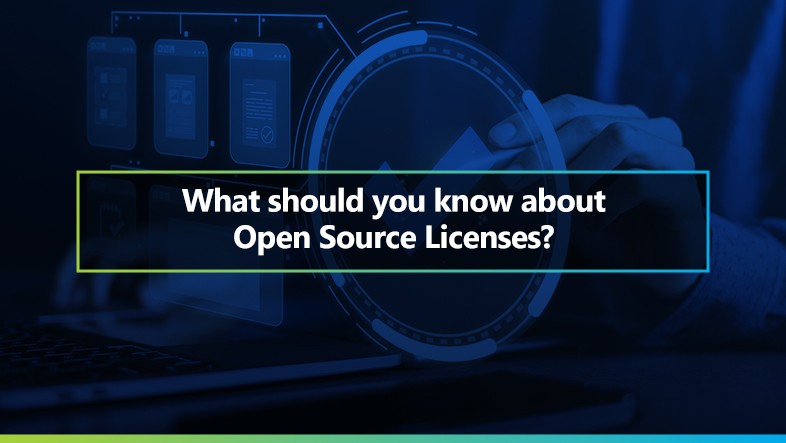Open source licenses, often perceived as a mechanism for fostering collaboration and innovation, simultaneously operate under the aegis of copyright law. This duality, sparking a playful contemplation, poses the question: if open source licenses are fundamentally copyright licenses, do they inadvertently complicate the very freedom they advocate? The challenge lies in navigating this intricate landscape where rights and restrictions converge.
At their core, open source licenses serve as legal instruments that facilitate the dissemination and modification of software. Yet, they are rooted in copyright principles, specifically designed to govern the use and distribution of creative works. This raises a paradox: while they enable users to share and adapt software, they also preserve the original author’s rights. Therefore, understanding the intricacies of these licenses requires a nuanced approach.
One of the most compelling features of open source licenses is their spectrum—from permissive to copyleft. Permissive licenses, such as the MIT License, allow modifications and redistribution with minimal restrictions, encouraging a vibrant ecosystem of innovation. In contrast, copyleft licenses, exemplified by the GNU General Public License (GPL), mandate that derivative works maintain the same licensing terms. This raises an essential conversation about the broader implications of such requirements on collaboration within the software development community.
Moreover, the compliance with open source licenses can sometimes feel like a labyrinthine challenge. Developers must navigate the boundaries of attribution, licensing compatibility, and distribution rights, often leading to confusion. For instance, when integrating various open source components, one must ensure that the combined software does not inadvertently violate the terms set forth by different licenses. This complexity can deter developers from embracing open source solutions, ultimately stunting innovation.
In light of these considerations, it becomes crucial to foster a culture of awareness and education regarding open source licenses. Developers, companies, and enthusiasts alike should arm themselves with knowledge about the implications of these licenses. By doing so, they can appreciate the delicate balance between creative freedom and legal responsibility, empowering them to contribute proactively to the open source community.
Ultimately, the interplay between open source licenses and copyright law presents both opportunities and challenges. As the digital landscape continues to evolve, the relevance of these licenses remains steadfast, prompting an ongoing dialogue about how best to navigate this complex terrain. The question lingers: in a world where collaboration is key, how can we ensure that open source licenses foster, rather than hinder, innovation?
